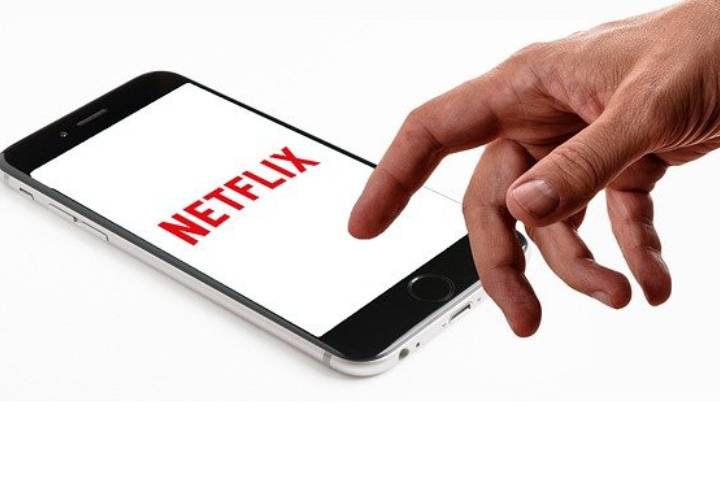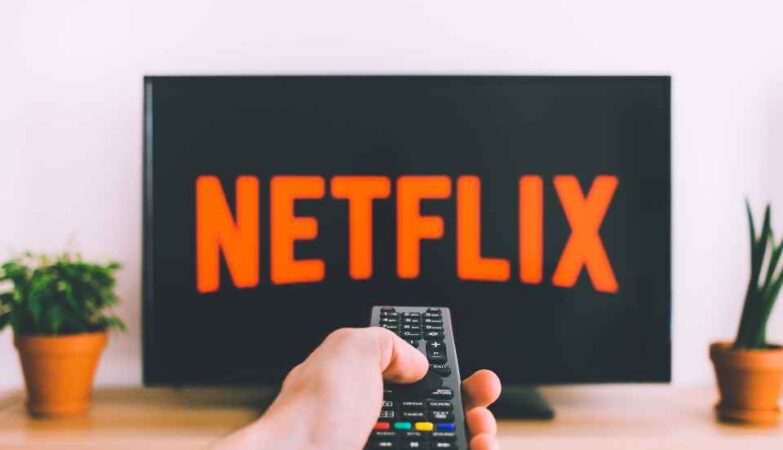Popular TV series Squid Game cost South Korea a complaint to Netflix: here’s what is happening.
The Squid Game television series is experiencing tremendous success on Netflix, and for this reason, the streaming platform will face a legal problem. However, copyright infringements have nothing to do with it: the question is instead the amount of traffic generated by Netflix, which negatively impacts the stability of the Internet network.
Squid Game has won first place among the most viewed series in South Korea and globally, and many already speak of success potentially equal to or even greater than that of Bridgerton. However, the boom in spectators congested the Internet so much that the Korean telephone company SK Broadband denounced Netflix.
The request to the streaming giant is to pay a fee for the use of local network infrastructures. A complaint after a court in Seoul proved SK Broadband right, arguing that the streaming platform should contribute to the expenses necessary for the management and maintenance of the network’s infrastructure.
Netflix vs. SK Broadband: The Seoul Ruling
The legal battle between Netflix and SK Broadband began in 2020 when the streaming platform filed legal action over whether it would be required to pay a fee for using the network to SK. According to Netflix’s position, the platform’s obligations end with creating content and accessibility to its subscribed users.
However, the Seoul court in June ruled against Netflix, with a ruling underlining that SK Broadband provides a service that has a cost and called it “reasonable” for the streaming platform to pay something in exchange for using the network.
The South Korean agency has estimated a fee for Netflix of about 27.2 billion won, almost 20 million euros, just for the use of the network in 2020. The streaming platform has filed an appeal, claiming to have contributed to creating 16,000 jobs in South Korea with investments of 770 billion won (over 500 million euros). Still, now SK Broadband is relaunching with the new complaint. All that remains is to wait for the court’s decision: the appeal process begins in December.
Netflix And The Increase In Data Traffic From SK Broadband
Internet service provider SK Broadband has seen an increase in data traffic for user access to streaming platforms since May 2018. In particular, according to the South Korean body’s estimates, the data traffic generated by Netflix increased 24 times from May 2018 to September 2021, for a total of 1.2 trillion bits of processed data.
Behind this increase is the success of several South Korean Netflix productions, including the television series Squid Game and DP. Squid Game has been having great success in recent days and, for this reason, SK Broadband has taken Netflix to court.
But Netflix is not the only streaming giant that SK Broadband requires to contribute to the costs for the data traffic generated on the Internet. Other streaming content providers such as Apple, Facebook, and Amazon are already paying a network usage fee in South Korea. The only big names not contributing at the moment are Netflix and YouTube.
Alao Read: Netflix Tudum Event: Where To See It Live








